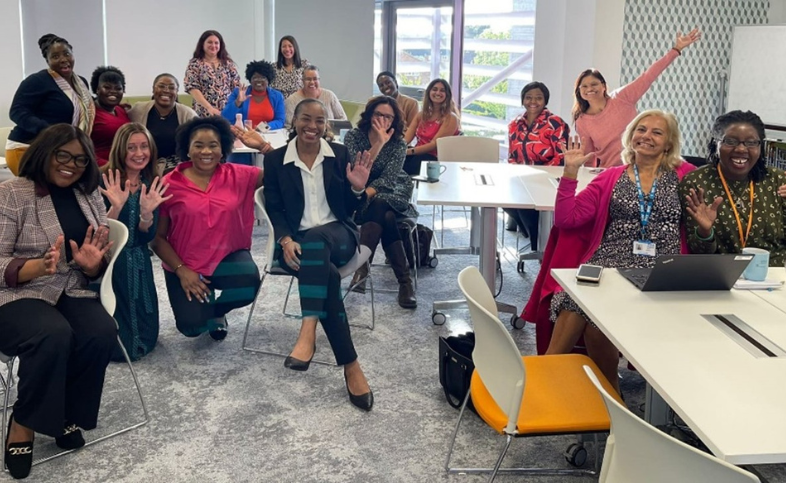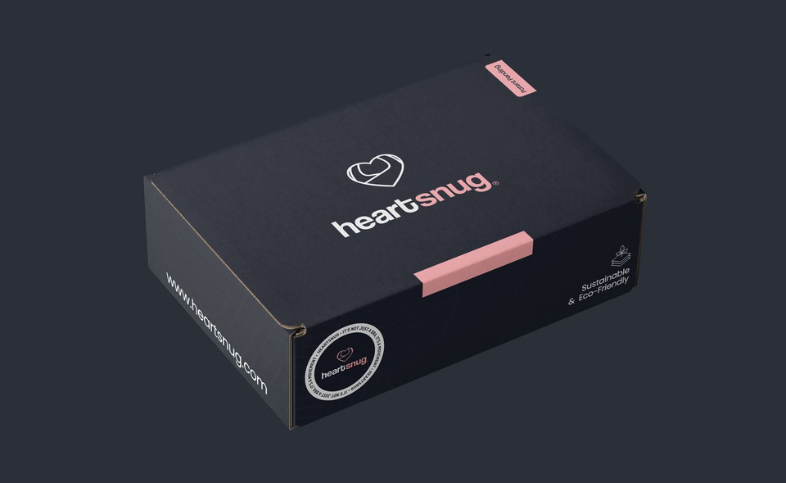With the end of a summer of pride festivals, I’ve been thinking about how things have changed for the better. It seems unthinkable now but when I joined a London borough council as an officer in 2003, there was still a set of laws that prohibited us from “promoting homosexuality”. This was somewhat problematic given that my objective was to build partnerships to prevent hate crime across the borough. It fills me with absolute joy now to see the rainbow flag flying at the front of Addenbrooke’s Hospital and to see how mainstream equity, diversity and inclusion (EDI) have become. What a difference 20 years has made, but there is still much to be done and we all have a role to play.
So, what do we mean by equity, diversity and inclusion? We have chosen equity because while equality assumes that all people should be treated the same, the term equity places the emphasis upon considering an individual’s unique circumstance and then adjusting treatment so that the result is equal. When we use the term diversity we mean different groups of individuals, including people of different races, physical abilities, neurodiversity, ethnicity, religion, gender and sexual orientation. When we talk about inclusion, we mean the degree to which our colleagues perceive Health Innovation East as embracing the talents, perspectives and contributions of all employees to enable each other to make meaningful contributions.
Our EDI steering group
Our EDI steering group is made-up of colleagues from across Health Innovation East who working in different teams and positions and contribute varied experiences to better serve the needs of our colleagues and the organisation’s partners. The steering group conducts and acts on staff surveys, ensures recruitment and career development follows our EDI principles and values, and shapes the organisation’s policies and processes so that they address everybody’s needs equitably. I have also been struck by the amount of enthusiasm and energy which have been generated by the steering group. It’s suggestions for how we can identify and celebrate what we’ve achieved and how we can improve further keep on coming – which is fantastic.
We know that organisations that are committed to EDI are better able to respond to organisational challenges, attract top talent, and better meet the needs of the different partners and customers they serve. EDI is an essential part of our people management approach. We are collectively committed to learning how to realise and sustain a working environment and culture where every individual feels psychologically safe, a sense of belonging and empowered to achieve their potential. I have been particularly inspired by the willingness that people across Health Innovation East have shown in sharing their stories and experiences. It is this generosity of spirit which helps other people to feel able to be upfront about what support they may require, without fear of judgement.
The recent publication of the Too Hot to Handle? Report (2024) and the Nursing and Midwifery Council’s Independent Culture Review report (2024), gives us the opportunity to also be aware of and reflect on some of the challenges some of our partner organisations may be going through in relation to racism, bullying and discrimination. Reading the findings of such reports, while difficult, makes us want to push even further on the agenda of creating a culture of compassion and holding each other to account for our actions or when issues are raised.
As the innovation arm of the NHS in the region the importance of this EDI work cannot be underestimated. Diversity of thought is pivotal to the work we do and evidence consistently shows that diverse groups generate more creative solutions than homogeneous groups. So, EDI is not only absolutely the right thing to do, but it makes complete business sense too. This year, across all our work and with the help of our EDI steering group we will monitor our progress and continue working with our partners to uphold our EDI values in every activity we deliver or support.
You might also like…
Share your idea
Do you have a great idea that could deliver meaningful change in the real world?
Get involved
